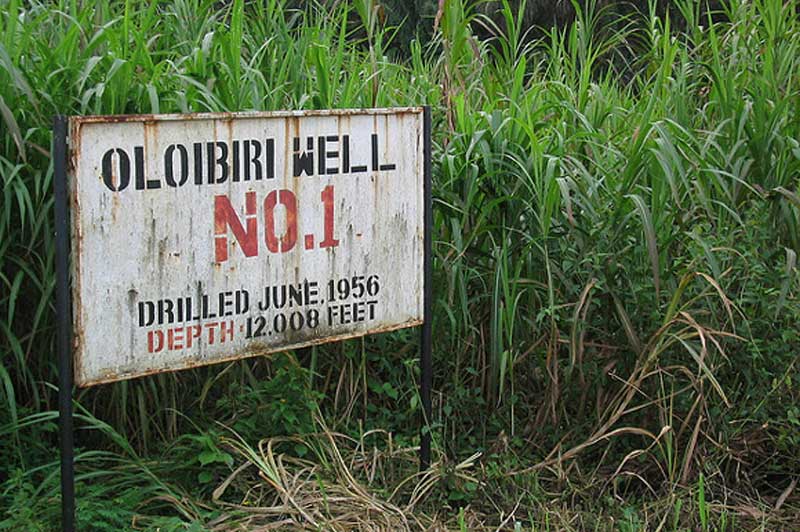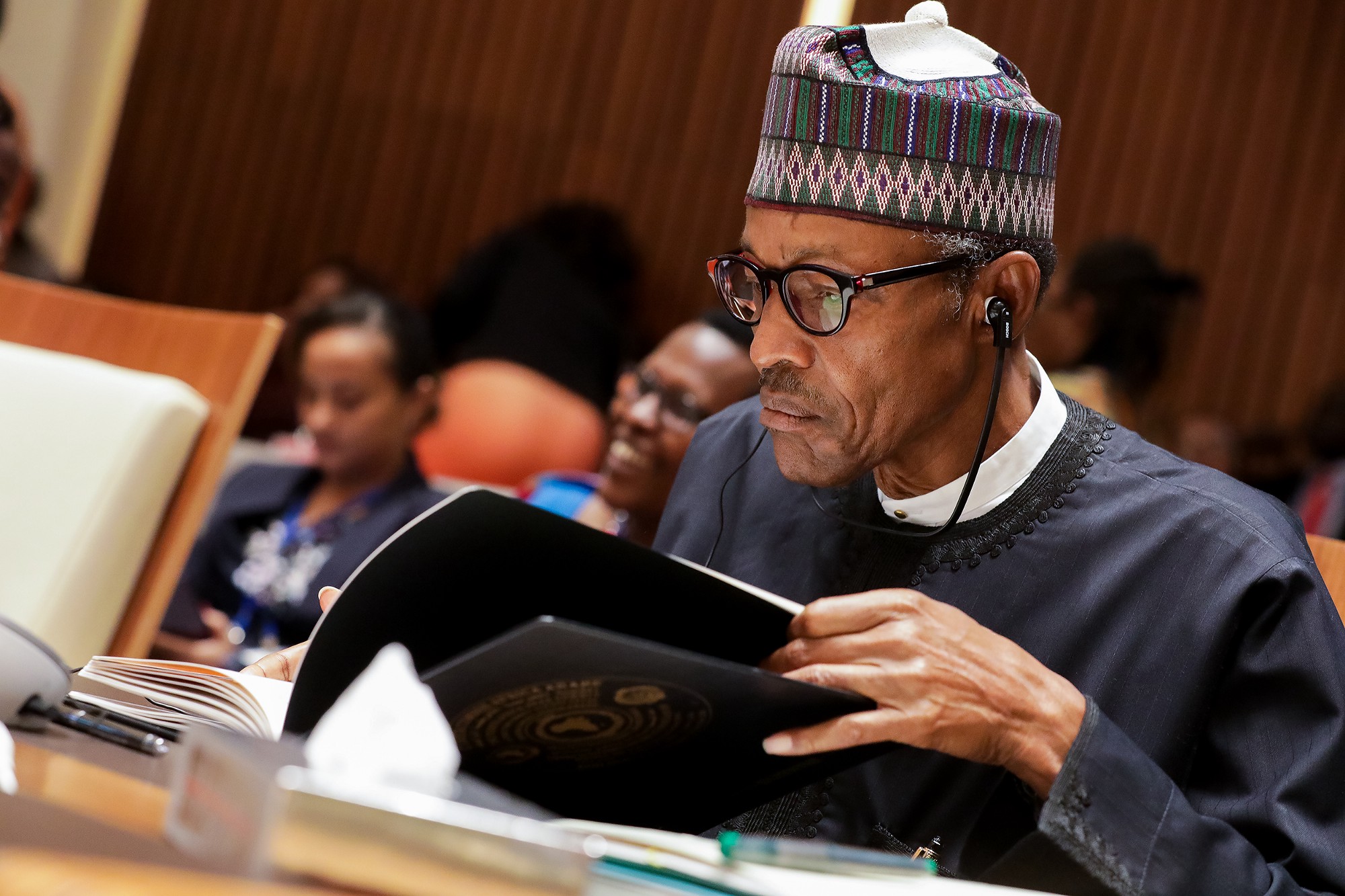BY MOHAMMED JAMU YUSUF
Recently, the minister of state for petroleum, Ibe Kachikwu, signed a fresh oil deal with the Italian oil giant, Eni. Many Nigerians consider this move curious given the controversies that trailed Eni’s involvement in the Malabo oil deal.
The Italian firm’s purchase of OPL 245 off-shore field in 2011 at the cost of $11b resulted in allegations of fraud, economic sabotage leading to litigation in Nigeria and Italy with some top officials of Eni admitting wrongdoing.
In this realisation, some of the questions that have been agitating the minds of many concerned Nigerians include: why did NNPC decide to re-engage the Italian oil firm after being involved in the sleaze that rocked the Malabo oil deal?
Advertisement
Why has the federal government failed to reconsider its position on European oil firms and shop for new partners in the burgeoning Asian oil industry particularly China in spite of the European and US oil firm’s apparent absurdities in the Nigerian oil industry?
Since the discovery of oil in commercial quantities in Nigeria, in 1958, the country has been partnering with European and the United States oil firms for oil prospecting, exploration, and production. Virtually all the oil majors currently operating in Nigeria under joint venture arrangement are from Europe and the United States. They include Texaco, Total, Shell, Chevron, and Agip.
Moreover, the European and United States’ oil firms have also taken over Nigeria’s natural gas sector which constitutes the mainstay of the economy given the climate of fluidity that has enveloped the oil sector especially at the international oil markets. With 187 trillion cubic feet of proven gas reserves, Nigeria controls 10 percent of the world’s LNG consumption.
Advertisement
But with the incorporation of the Nigeria Liquefied Natural Gas in 1989 which commenced full operations ten years later, the western oil firms have been controlling more than 51 percent of the corporation’s equity shares. While Shell’s shareholding in NLNG is 25.6 percent, Total controls 15 percent and Agip has 10.1 percent. The shareholdings of these western firms put together outstrip Nigeria National Petroleum Corporation’s 49 percent equity shares in NLNG.
It is, therefore, instructive that these western oil firms are feeding fat on Nigeria’s natural resources and national heritage. The concern many Nigerians have raised is whether the western oil firms have reciprocated in equal measure by re-injecting part of their huge profits towards the development of the sector, in so doing, reinforcing the economy for the benefits of Nigerians.
An assessment of the situation shows obviously that the western oil firms operating in Nigeria have significantly failed in this regard. In comparative terms, what they usually claim to have re-injected into the sector is intangible and insignificant when juxtaposed with the petro-dollar they draw from the sector.
For instance, in spite of the fact that the oil majors loom large in the country, the Nigerian economy has continued to struggle under the heavy weight of fuel importation on account of low production capacity of the local refineries to meet the domestic demand.
Advertisement
It is mystifying, astonishing and embarrassing that the oil majors have not considered it worthy to bring their expertise to bear towards assisting Nigeria to fix the dilapidated refineries or even build new ones to ease the stress the refinery challenge has exerted on the economy.
Worse still, after many decades of operations in Nigeria, the western oil firms have failed to bequeath profoundly the industry’s technical knowhow to Nigerians such that indigenous companies would have the expertise and competence to proficiently take part in oil exploration and production based on the intent of the local content act.
This sustained negligence on the part of the western oil firms to the detriment of the economy of their host country, Nigeria, makes it imperative for the President Muhammadu Buhari-led federal government to essentially commence efforts towards making a re-appraisal of the country’s oil venture agreement with the western firms.
It is, therefore, desirable for Nigeria to further restructure and liberalise its oil space by looking towards the Asian bloc particularly the Chinese oil firms for partnership in the upstream and downstream sectors to revitalise the industry.
Advertisement
This type of liberalisation is economically viable and to the best interests of Nigeria and Nigerians, given China’s economic diplomacy that encourages the Chinese government and the country’s oil firms to support and help the oil-led development options of countries where they have business interest.
For instance, in the over 29 countries where Chinese firms are involved in the international oil business, they have, as a matter of state and company policy, been aiding the host nations in oil field production, technical services, maintenance and building of refineries and pipeline construction. This is more so as reliable records show that the impact of the petroleum industry in China has been increasing globally with China now the fourth-greatest oil producer in the world.
Advertisement
This is more so as reliable records show that the impact of the petroleum industry in China has been increasing globally with China now the fourth-greatest oil producer in the world.
Nigeria’s oil partnership with China, if pursued, would open ample doors for Nigeria to expand its oil exports outlets. This is instructive given that China imported a record 6.7m barrels a day of oil in 2015 and projected “to overtake the U.S. as the world’s biggest crude importer.”
Advertisement
According to the energy information administration (EIA) and published by Wikipedia, China first became the “world’s largest net importer of petroleum and other liquids” by the end of 2013.
Advertisement
Views expressed by contributors are strictly personal and not of TheCable.






